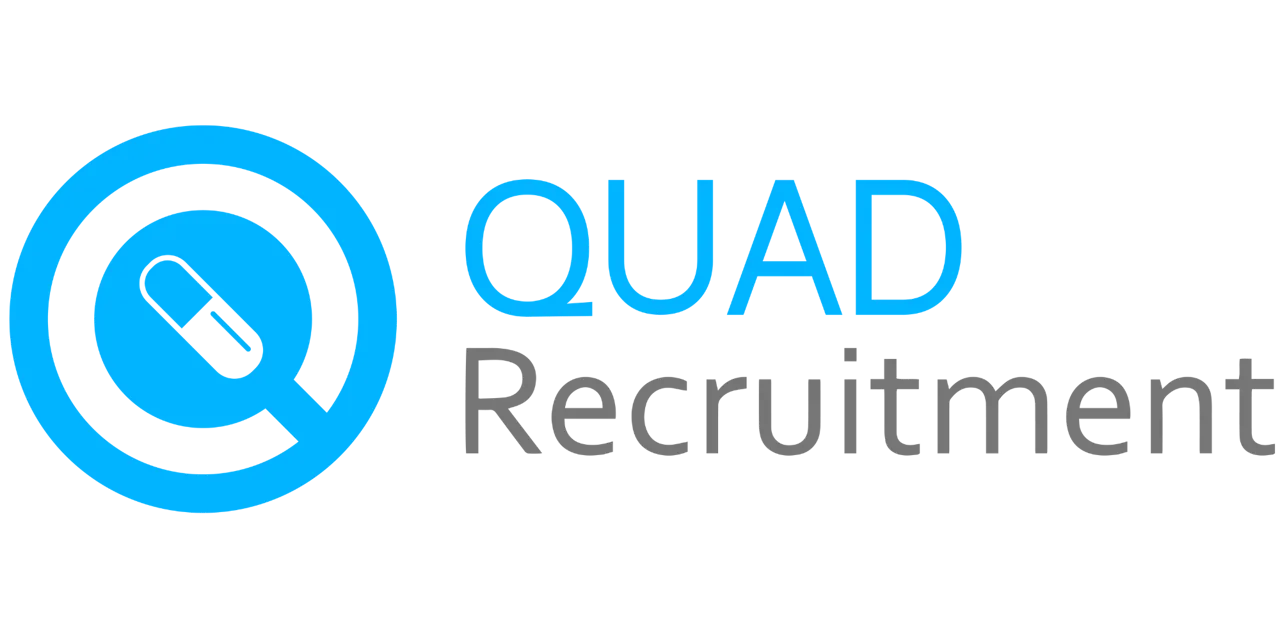The Importance of Teamwork in Allied Healthcare
25 Jun, 20242 minsThe Importance of Teamwork in Allied HealthcareIntroductionIn the dynamic and multifaceted w...

The Importance of Teamwork in Allied Healthcare
Introduction
In the dynamic and multifaceted world of allied healthcare, teamwork stands as a cornerstone for delivering high-quality patient care. Allied healthcare professionals, encompassing roles such as physiotherapists, radiographers, medical technologists, and dietitians, work in concert to ensure comprehensive and cohesive treatment plans. This collaborative approach not only enhances patient outcomes but also fosters a supportive and efficient work environment. In this blog, we delve into the crucial role of teamwork in allied healthcare and how it benefits patients, professionals, and the healthcare system as a whole.
Enhancing Patient Outcomes
Holistic Care
One of the primary benefits of teamwork in allied healthcare is the provision of holistic care. Patients often require the expertise of multiple specialists to address complex health issues. For instance, a patient recovering from a stroke may need physiotherapy, speech therapy, and dietary adjustments. When healthcare professionals collaborate, they can create an integrated care plan that addresses all aspects of the patient’s health, leading to better recovery outcomes and overall well-being.
Improved Communication
Effective communication is vital in healthcare settings. Teamwork ensures that all professionals involved in a patient’s care are on the same page. Regular meetings and updates allow for the seamless exchange of information, reducing the risk of errors and ensuring that everyone is aware of the patient’s progress and any changes in their condition. This continuous flow of information is crucial for making informed decisions and providing timely interventions.
Professional Development and Job Satisfaction
Skill Enhancement
Working in a team environment offers numerous opportunities for professional development. Allied healthcare professionals can learn from each other’s expertise, gaining insights and skills that enhance their own practice. For example, a physiotherapist may learn new techniques from a colleague in occupational therapy, enriching their therapeutic repertoire. This cross-disciplinary learning fosters a culture of continuous improvement and innovation.
Job Satisfaction
Teamwork also plays a significant role in improving job satisfaction. When professionals work together, they can share the workload, reduce stress, and provide mutual support. This collaborative atmosphere not only enhances individual well-being but also boosts morale and job satisfaction. Feeling part of a cohesive team can make the workplace more enjoyable and fulfilling, leading to better retention rates and a more motivated workforce.
Efficiency and Resource Management
Streamlined Processes
In a well-functioning team, tasks can be allocated according to each member’s strengths and expertise, leading to more efficient and effective care delivery. This division of labour ensures that all aspects of patient care are addressed promptly and competently. For instance, while a radiographer conducts imaging studies, a physiotherapist can simultaneously work on mobility exercises, maximising the use of time and resources.
Cost-Effective Care
By improving efficiency and reducing the duplication of efforts, teamwork can also contribute to cost-effective care. Coordinated care plans minimise unnecessary tests and procedures, optimising resource utilisation. This cost-effectiveness benefits not only the healthcare system but also patients, who may face lower medical bills and shorter hospital stays.
Building a Culture of Collaboration
Trust and Respect
Effective teamwork is built on a foundation of trust and respect. Allied healthcare professionals must value each other’s contributions and recognise the importance of every role in the patient care continuum. This mutual respect fosters a positive working environment where team members feel valued and supported, leading to enhanced collaboration and better patient outcomes.
Conflict Resolution
In any team, conflicts can arise. However, in a collaborative environment, these conflicts can be managed constructively. Open communication and a focus on common goals enable teams to address disagreements and find solutions that benefit both the patients and the team. Effective conflict resolution strengthens the team and improves overall care delivery.
Conclusion
In the realm of allied healthcare, teamwork is not just beneficial—it is essential. The collaborative efforts of diverse healthcare professionals ensure holistic and efficient patient care, enhance professional development, and create a supportive work environment. By fostering a culture of teamwork, allied healthcare can continue to improve patient outcomes, streamline processes, and build a more resilient and effective healthcare system. Embracing the power of teamwork is crucial for the future of healthcare, making it an indispensable element in the quest for excellence in patient care.




